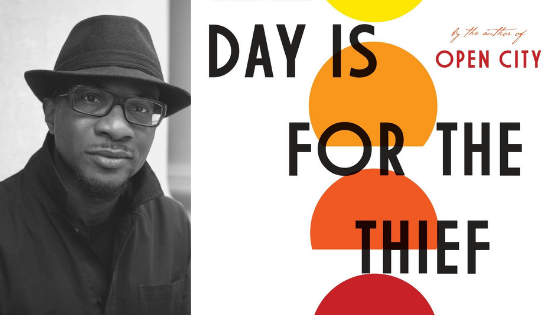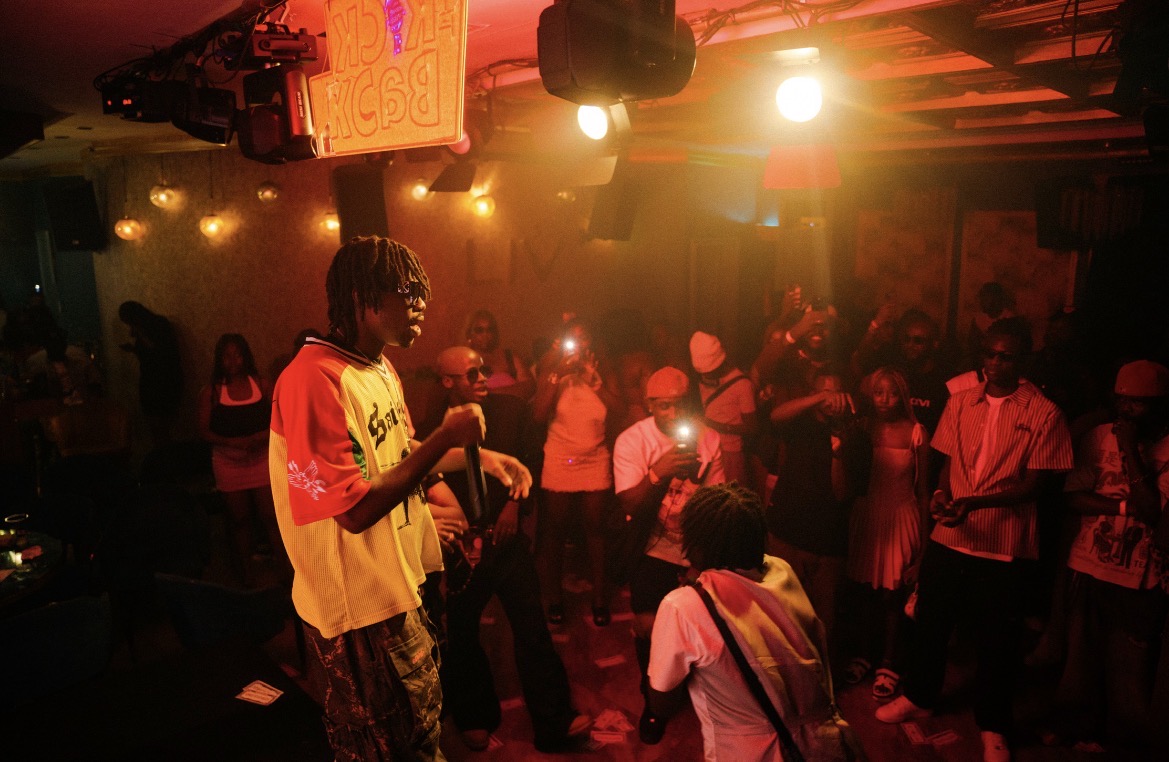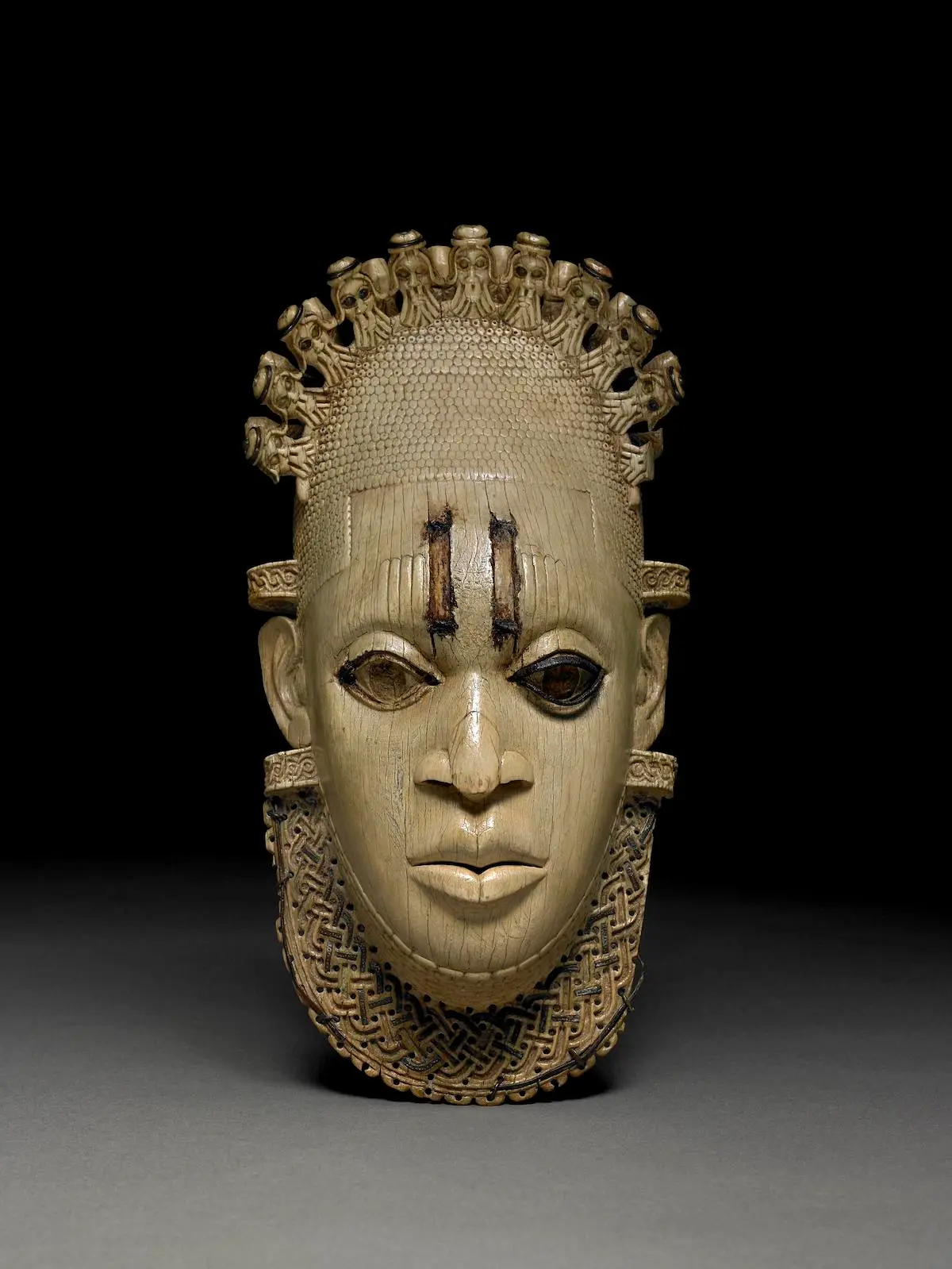by Akinwande Jordan
In literary circles, it is commonplace to state that the enduring quality of a text in part hinges on how it transcends time and culture thematically. The potency of the text, irrespective of genre, can be considered essential if at any point in time, its central message holds a glimmer of relevance. Teju Cole’s 2007 novella titled EVERY DAY IS FOR THE THIEF perfectly embodies that thesis beyond measure. With deftness, it has engraved itself subtly in the required reading section if one must understand a fraction of contemporary Nigeria, its seemingly everlasting terror and divisive history.
Plot takes a backseat in Teju Cole’s EVERY DAY IS FOR THE THIEF yet there’s a central narrative that coyly guides us through the ebb and flow of the text. The narrative begins with a longing for home, akin to Odysseus longing for Ithaca in Homer’s epic. We have a narrator returning to Nigeria after years in the United States. He deals with the layers of bureaucracy at the New York consulate which leaves him exhausted and lethargic. However, but one can infer from the text that he is elated to return home. Or as one character in the novella puts it, “going home should be a thing of joy”.
The joy, however, lies somewhere concealed as our narrator is welcomed by a ceaseless national decadence. The Murtala Muhammed International Airport (situated in Lagos, Nigeria) welcomes our narrator with a variety of ails; dilapidated infrastructures, incompetence of public servants, preordained complicity, impunity, and bribery. One could posit that the airport holds the narrative position of an eerie symbol here, one that distils the numerous ails of the nation into a singular representation of national errors.
Lagos is a geographical device in this text— the great cosmopolis, the centre of all that is beautiful and hideous, the city of the damned at the mercy of the Atlantic Ocean, a metonym. He writes about Lagos the only way one writes about Lagos; poetically and haphazardly. To him and perhaps Teju Cole, the place is a dynamic poem that twists and turns jumps and contorts, oscillating between temperature and frequency. Always under the eye of God’s fervent sun and yet filled with an alarming ineptitude.
The prose is ostensibly concerned with rendering an ambiguous diagnosis. He leads us through the indescribable Nigerian condition you hear about in sports centres and buses, in churches and newspaper stands and Internet cafes. His predecessors (Achebe, Ekwensi) who wrote about the macro via the micro — Nigeria as a state. In EVERY DAY IS FOR THE THIEF, Teju slouches towards the sequence of happenings — Nigeria as a condition.
Literature does not exist in a vacuum, every text is beholden to a larger narrative or a minute degree of realism; the novel, as an inadvertent child of the printing press, is an edification of the real or a reaction to the real. EVERY DAY IS FOR THE THIEF the synthesis of these functions. The real is Nigeria and its perennial woes. Teju Cole’s work borders on a sociological thesis. To borrow Nigerian parlance, he writes from a perspective that stridently says wahala dey.
An excerpt: “The danfo, carrier of the masses, is the perfect symbol of our contest. The energies of Lagos life—creative, malevolent, ambiguous—converge at the bus stops. There is no better place to make an inquiry into what it was I longed for all those times I longed for home.”
We shall eschew academic hyper-analysis and focus on what Teju Cole cares for here in his half-novel, half – memoir; hope in the tempest, home as the primary solace despite the perpetual terror and systemic impositions.
Much like his debut novel Open City, one with a premise about a Nigerian student ambling around New York and unravelling internally, there’s an expat loneliness he tunes into —but here he sublimates Nigeria through a familiar wandering; The danfo as a sub-symbol within a grander symbol, like the airport and Lagos, he filters a post-post colonial Nigeria through the commute; the pulsating ruckus of former capital as a automotives in traffic, moving forward and backwards discordantly, always in a gridlock. Eko for show. That is the pathology of the nation; we are all watchers on the move. We are all stealing something as we are being stolen and stolen from by those at the helm of affairs, hence the title.
The writing itself is taut and un-academic whilst simultaneously venturing into the centre that refuses to hold. He utilises the narrator as a torch, striding from topical issues such as internet fraud to the camaraderie of touts and the romanticism of in-state public transportation, ethnic relations and religious indoctrinations — the market as the renegade industry. It is (un) surprisingly readable because it doesn’t aim to ostracise or exclude the semi-literate.
In the vein of Achebe, Graham Greene, and Hemingway, Teju Cole writes like an intelligent old friend telling you tales of a country at some dinner party. He does not provide answers or preach, nor does he evangelise certain rhetoric or seek to disparage. The writer’s job, first and foremost, is to show and affirm the immediate. And he simply does a brilliant job at showing without embellishing. Paraphrasing a quote by Don DeLillo, writers are by nature opposers of systems; Teju uses EVERY DAY IS FOR THE THIEF to oppose the systems and not the people, he sees the people as byproducts of a longstanding that offers you no way out, only servitude. But there’s hope, he implores, no light at the end of the tunnel but there is at least a tunnel.
For a novel written in 2007, its central thesis has not lost its relevance. Lagos as it was then is as it is now—perhaps much worse. Nigeria hitherto was considered salvageable by some. We live in stranger times, far stranger than we can describe or fictionalise. The Nigerian condition is blighted, hopeless and depraved. We are now defined by our fatal decentralisation. Our anxieties are amplified by the worsening living conditions. If anything, EVERY DAY IS FOR THE THIEF is a call to order, to introspection, to holding on to the idea of hope even if the owners get zero days.





